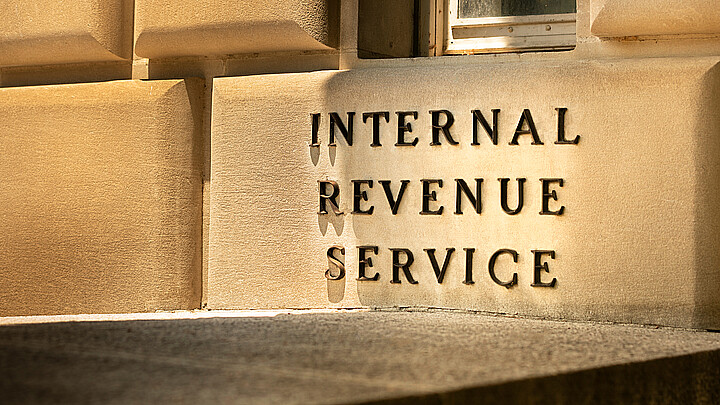Opinion & Reviews
Lessons from Argentina: How to survive Biden's high-inflation economy
Inflation transforms the way people spend, save and think
January 28, 2022 1:07pm
Updated: January 31, 2022 11:16am
Rising inflation has plagued the Biden administration for much of the past year and new federal data released earlier this month found that inflation has risen at the fastest rate in nearly 40 years, with consumer prices increasing 7% in the previous 12 months.
This is problematic because money is our society’s most basic medium of exchange and affects our most basic human interactions, both in the short and long terms. Need to buy milk or pay off your 30-year mortgage? The value of your dollar matters.
For that reason, inflation transforms the way people spend, save, and think.
If Americans are feeling a pinch with 7%, how do Argentinians deal with an inflation rate that topped 50% in 2021?
Taking out small loans? Renegotiating salaries? Buying groceries in bulk?
According to David Feliba at The Washington Post, there are plenty of strategies that individuals can pursue in order to survive (or at least limit the damage) when living in a high inflation economy.
In Buenos Aires, Agustina Caparulo says filling her gas tank “almost feels like investing,” because the next time she visits the pump the price will almost certainly be higher.
But it’s not just gas that people stock up on. In Argentina, people have been known to buy enough toothpaste for the year, fill the cupboard with cans and keep the freezer full of meat.
Often, buying goods in bulk can feel like saving money because the next time you're at the store, there's a good chance prices will have doubled.
Rising costs doesn't just hurt the wallet. Analysts believe there’s also a psychological price to pay when dealing with inflation. After all, the sense of uncertainty when it comes time to pay bills or purchase goods is tolling.
“There is an inflationary process brewing in the United States, albeit from low levels,” economist Marina Dal Poggetto said. “In Argentina, we come from numerous years of high inflation, which winds up twisting your mind-set.”
Similarly, Guillermo Oliveto, who runs the consumption consultancy W, warns of the creation of an “inflationary culture.”
“It provokes a permanent free-for-all feeling,” he said. “Almost everyone loses to inflation, and people are on guard all the time.”
In Argentina, this “free-for-all” feeling often leads to stockpiling. Remember the toilet paper shortage when the pandemic first started? If so, you understand.
“To the extent that I can, I try to stash as many goods as possible,” said Ana Vienny, a 63-year-old retiree in Buenos Aires who, at one point, owned enough canned goods to survive for months.
“Eventually, I had to stop buying because there was simply no more space.”
Nicolás Mónaco, 32, is also a proponent of stocking up on nonperishable goods.
“Whenever I see a discount, I buy,” says Nicolás Mónaco, a 32-year-old manager. “I might have eight toothpaste pots right now,” he says. “And enough shampoo for a year and a half. As long as there is no expiration date, I just pile up.”
According to many Argentinians, there’s no better time to buy than when your purchase is interest free. In the same way that Americans can pay off a house in 30 years, Argentinians are quick to pay for common household goods in “quotas,” or low monthly installments.
“Just about anything that you get interest-free, you grab it without hesitation,” he said. “The idea is that you take advantage of inflation as it will dilute future fixed payments.”
As inflation rises, a strong incentive to spend what you have as soon as you get it grows. After all, money that sits in the bank loses value by the day.
“It stimulates a culture of consumption because the feeling is that today’s pesos will be worth less tomorrow,” Oliveto says.
In a high inflation economy, it’s best to exchange weak currencies for goods or for more stable money.
While Argentinians buys dollars – should we as Americans consider trading our green backs for Swiss francs or perhaps gold? Unfortunately, might not be too early to think about.
Ultimately, living in a high-inflation economy is taxing – both financially and emotionally.
“A feeling of chaos and unpredictability are at the core of what inflation creates in the mind,” said Enrique de Rosa Alabaster, a psychiatrist who studies behavioral science in Argentina. “It is a phenomenon that goes far beyond economics … and inevitably turns into something emotional.”










